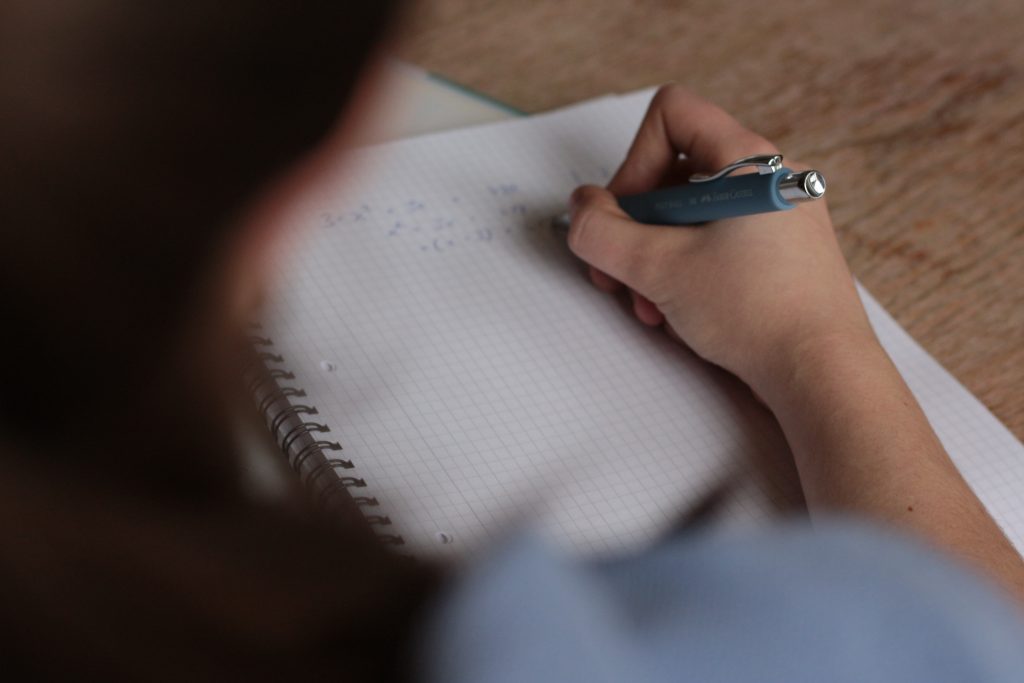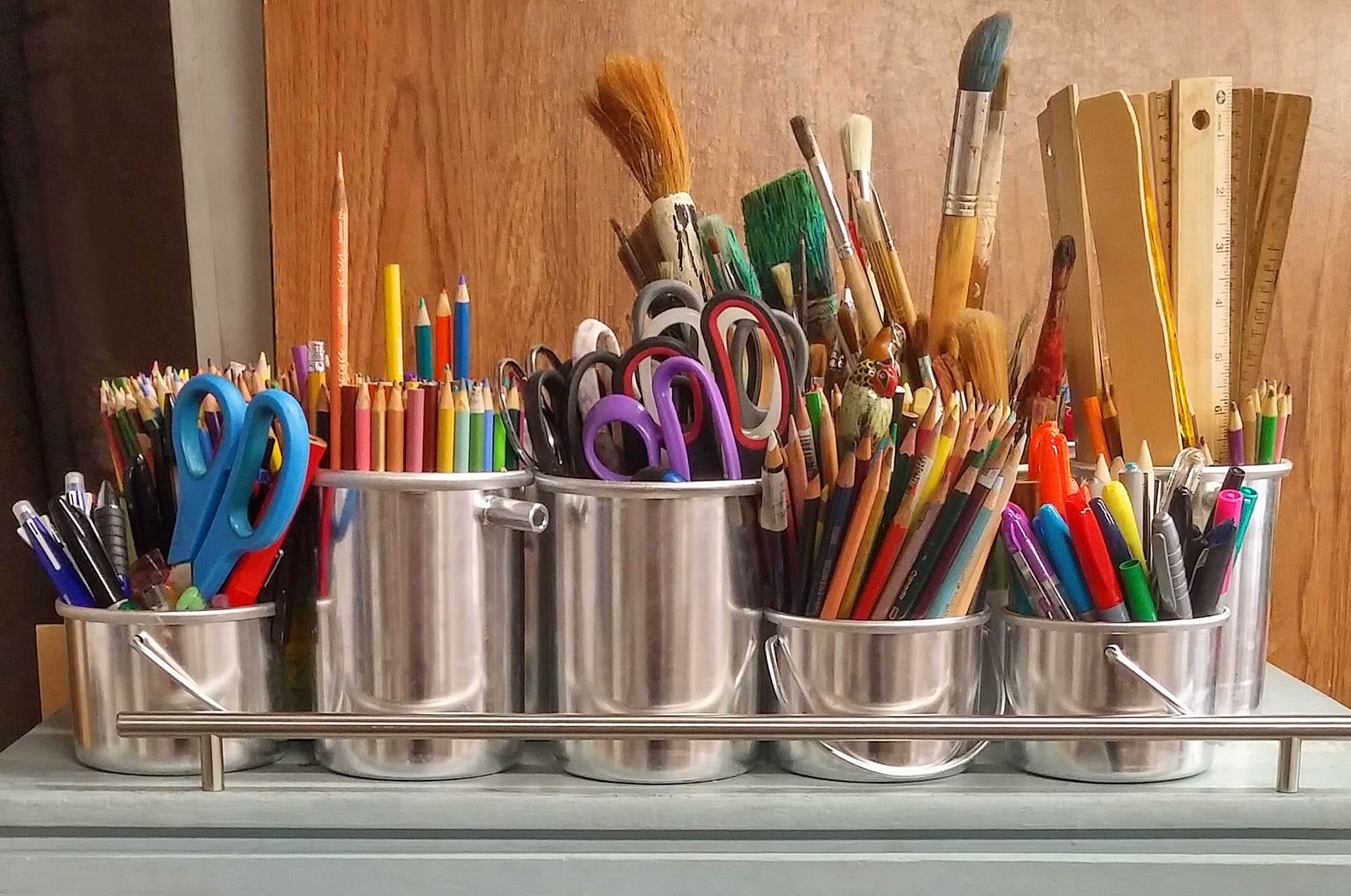SATs advice from top teachers
As the SATs are approaching, we consulted to two classroom experts to give some useful tips to parents who are preparing their children for the SATs Tests. Two experienced and talented Year 6 leaders gave us their insights into SATs preparation. Sophie Barlett @_MissieBee is a Year 5 & Year 6 English lead teacher and Jamie Sullivan @jamie2034 is a Year 6 teacher and an assistant headteacher. They kindly agreed to share their expertise on helping prepare for the SATs. We hope that this article will help you understand how you can support your child develop their skills before the tests.
What is the best way to prepare for the SATs from your practice?
Sophie: To just teach the curriculum as well as you can. It’s a Key Stage 2 test after all – the majority of the questions in the maths and grammar paper are actually from the Years 3-5 curriculum. It’s inevitable that test technique does need to be taught, but not focused on. Teaching a mixed Year 5/6 class for the first time has given me a different perspective on my approach in the run-up to SATs!
Jamie: For me preparing the children for their tests is quite simple. I am trained as a teacher not an exam invigilator. Therefore, teaching the children a broad and balanced curriculum, whilst carefully assessing what they know and remember and them focusing on what they still need to learn or remember. We do complete some practise tests, which we do because we want the children to practise working to time constraints – one of the biggest challenges we find.
Do you have any stress management tips for students preparing for the KS2 SATs?
Sophie: For me, that would be buying into the idea that SATs creates stress, which it doesn’t have to if approached properly. Some children will understandably get test anxiety, but it doesn’t need to be any worse than a few nerves on the day, which would be completely normal. We must treat the tests for their true purpose – to measure schools. The results hold no importance in the children’s lives, and therefore shouldn’t be regarded as such.
Jamie: We do not want the children to feel stressed by the tests, however we do want them to view them as an important opportunity to show what they can do before moving onto Key Stage 3. Whether you agree with it or not, testing is part of children’s education and what they ultimately get judged on at the age of 16, which can pave the way for their future employment. We encourage the children to take them seriously but not to the cost of anything that they normally do as part of their lives, inside or outside of school.
What are the best ways for parents to support their year 6 children towards the tests?
Sophie: Support their children in completing any homework the school is setting and remind them that the test itself is not important. I have created a knowledge organiser with all the facts children must be able to recall from the KS2 maths curriculum – parents have found this useful in understanding what secondary schools will expect Year 7s to know when they begin in September. It can be found here.
Jamie: In my experience, I have heard too many parents tell me that they have told their children that it’s an important year. Therefore, supporting your child all of the way through their education by showing an interest and being keen to be aware of how their child is doing. Don’t compare siblings is another no no, each child has their different strengths. Regular bedtimes, punctuality and ensuring that they understand their part in the triangle of learning.

Do you have any unconventional and fun ways of revising and remembering, which you could share?
Sophie: I’ve always enjoyed completing my own SATs paper and getting the children to mark it. If you complete it and make the same errors the children do, it’s a great tool to help them spot the common misconceptions. They have to correct the mistakes and then score the entire paper (without a mark scheme!) – whoever gets the closest to the test’s actual score (you’ll have to make sure you work this out before you give it to them!) wins!
Jamie: Each year it is different, it depends on the class of children. I’ve always found learning outside can make a difference. Getting the children to teach me what they know can also be quite a fun way for the children to remember things. This year I have completed papers with them and deliberately got answers wrong, they then mark mine and feel more than a little chuffed when they score a higher mark than their teacher.
If you were sitting the SATs in May what advice would you give to yourself?
Sophie: Try to remember what you’ve learnt, but if you forget, don’t worry! Just do your best.
Jamie: Listen to my teacher, they have done this before and I will only do it once. I need to care about this, in some instances it can help with getting into higher sets at High School. It really isn’t as hard as I thought it was going to be at the start of the year because I’ve been prepared by someone that really cares about me. It’s only about an hour each day and is on stuff that I’ve been taught this year or whilst I’ve been at the school.
Follow Sophie’s blog & Jamie’s blog



